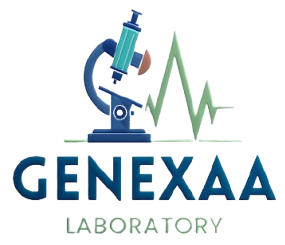
Our Service
Our departments
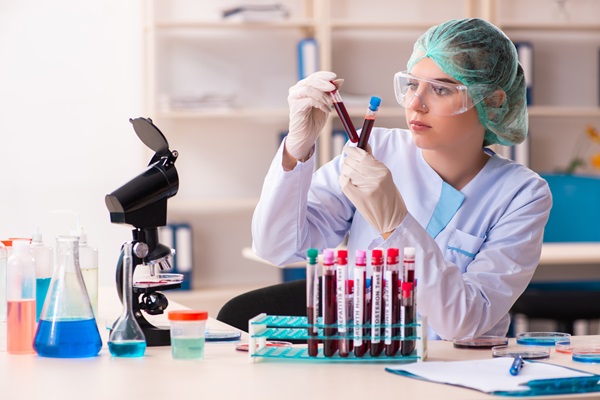
Heamatology
Hematology focuses on blood health and related disorders. Tests like CBC, hemoglobin, and clotting profiles help detect anemia, infections, and bleeding problems for early diagnosis and treatment.
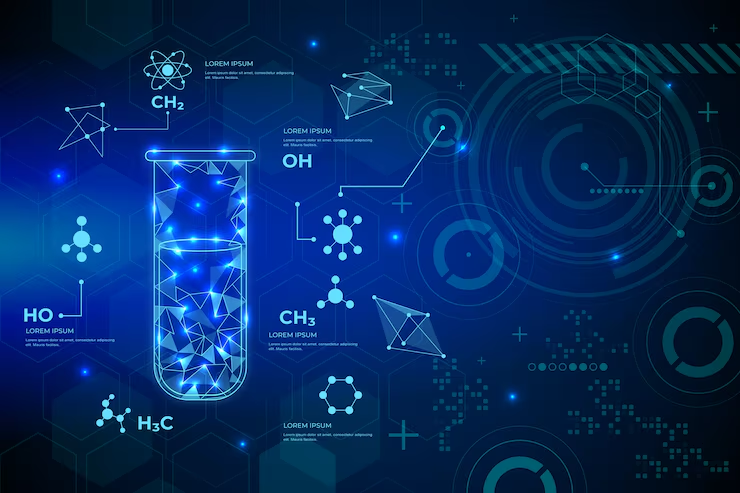
Biochemistry
Biochemistry tests measure chemicals and enzymes in the blood to assess organ function and overall health. They help detect conditions affecting the liver, kidneys, heart, thyroid, and metabolism. Common tests include blood glucose, liver and kidney function tests, electrolytes, lipid profile, and thyroid function tests.
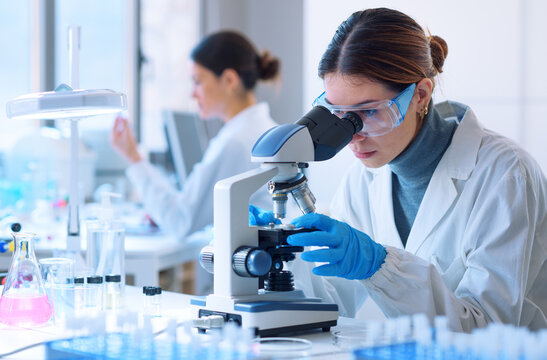
Clinical Pathology
Clinical Pathology involves the laboratory analysis of blood, urine, and other body fluids to diagnose and monitor disease. It includes tests such as urinalysis, stool examination, body fluid analysis, and routine screenings that help detect infections, metabolic disorders, and systemic diseases.
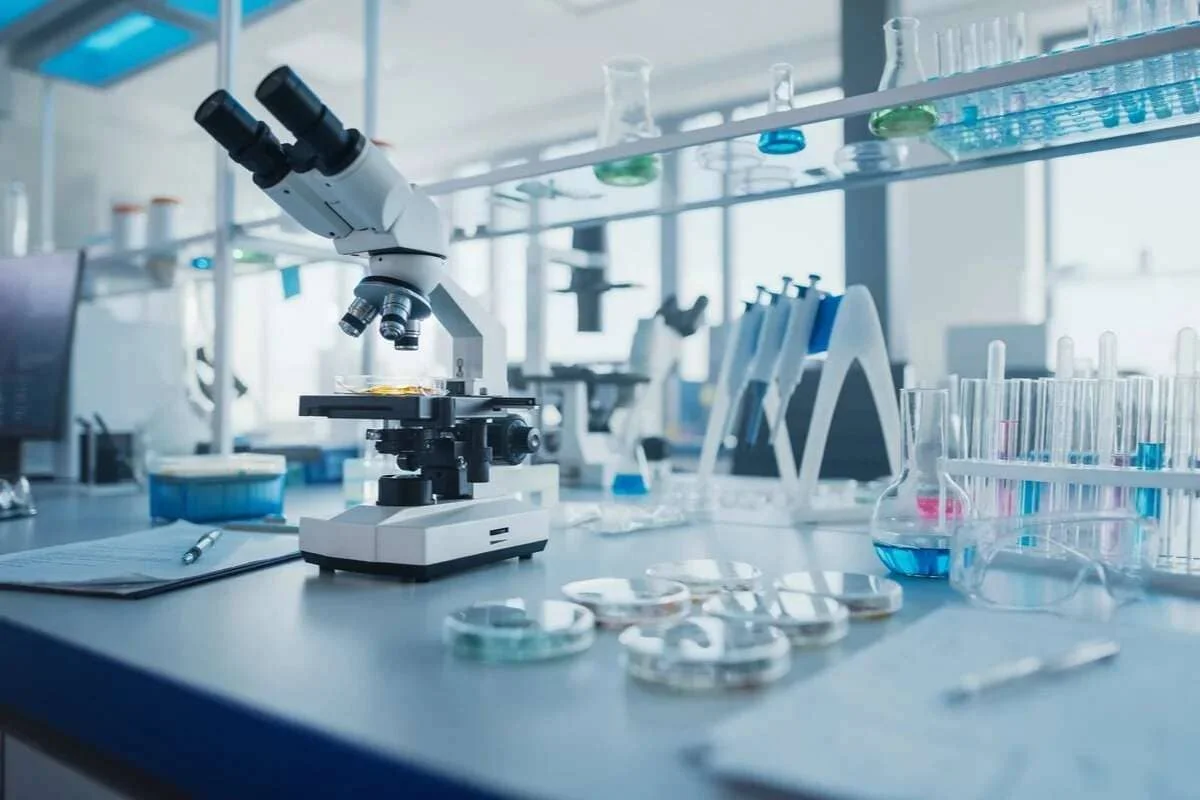
Microbiology
Microbiology focuses on detecting and identifying microorganisms such as bacteria, viruses, fungi, and parasites that cause infections. Tests include cultures, sensitivity testing, and molecular methods to guide accurate diagnosis and effective treatment.
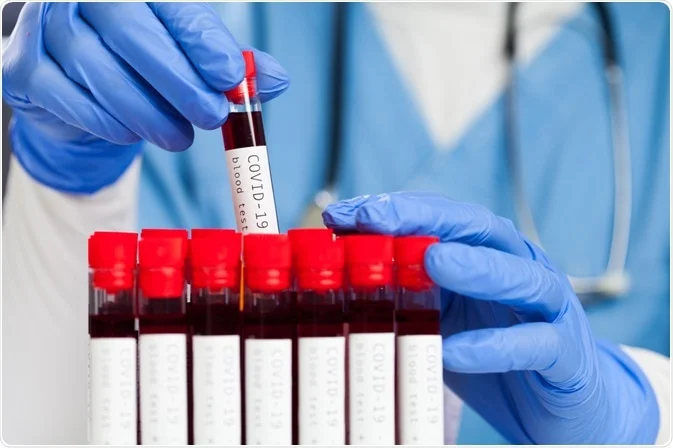
Serology
Serology involves blood tests that detect antibodies and antigens to diagnose infections, immune disorders, and autoimmune diseases. Common tests include HIV, hepatitis, dengue, typhoid, and allergy screenings.
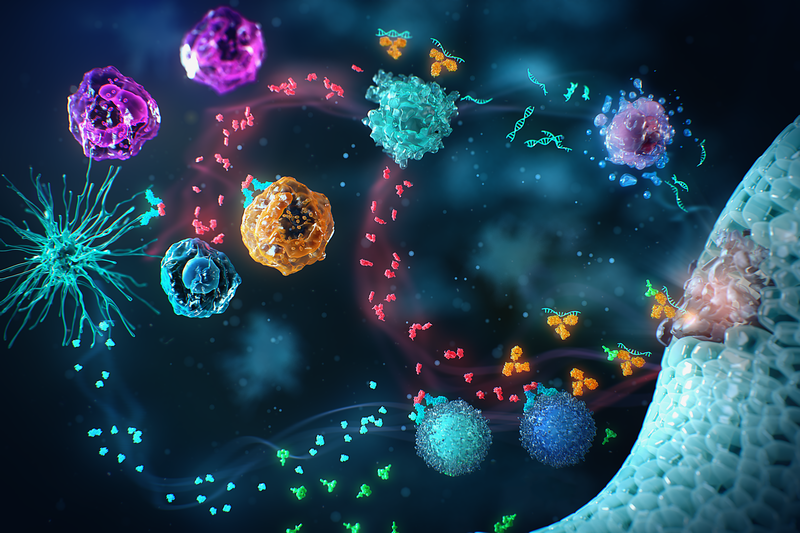
Immunology
Immunology focuses on the body’s defense system and related disorders. Tests evaluate immune responses to detect allergies, autoimmune diseases, immunodeficiencies, and monitor conditions like rheumatoid arthritis or lupus.
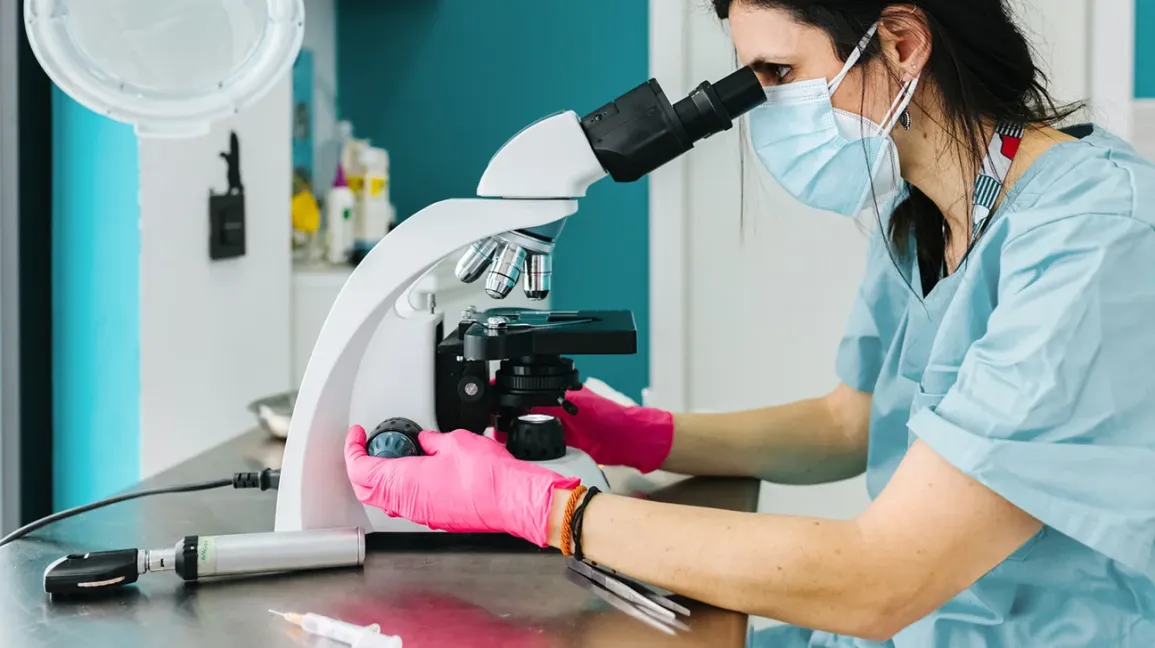
Histopathology
Histopathology is the microscopic examination of tissues to study disease. It helps diagnose cancers, infections, and inflammatory conditions by analyzing biopsy and surgical specimens for accurate treatment planning.